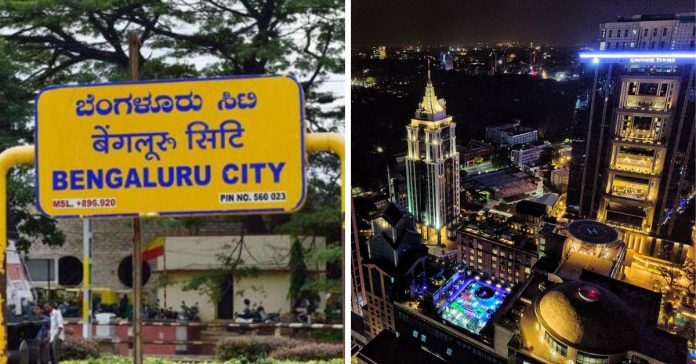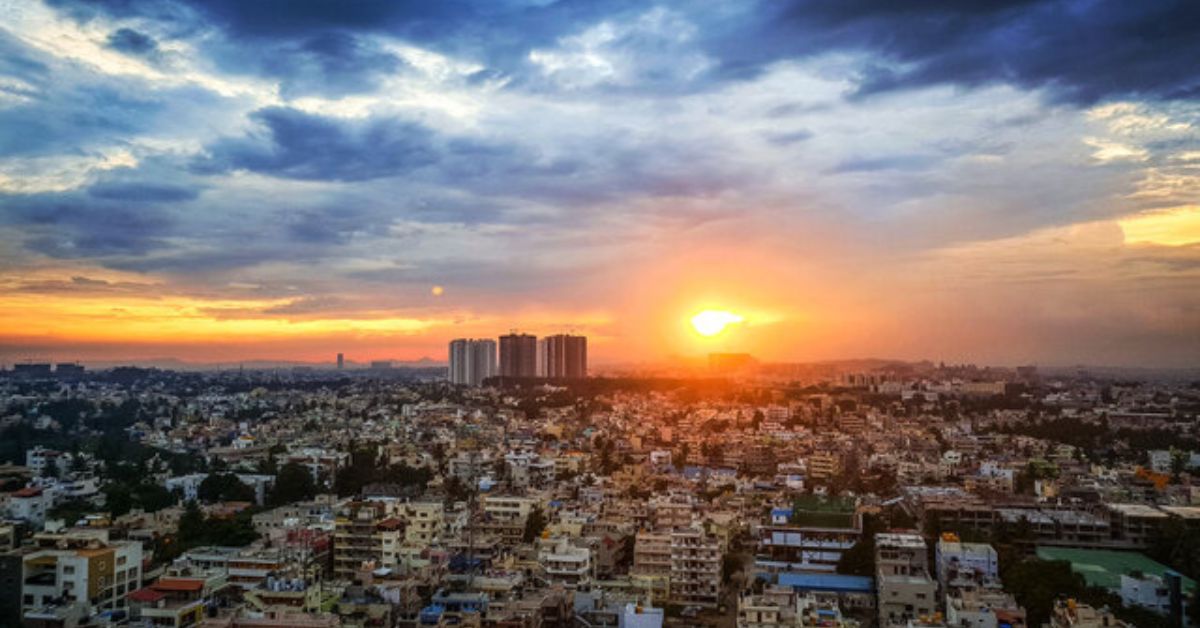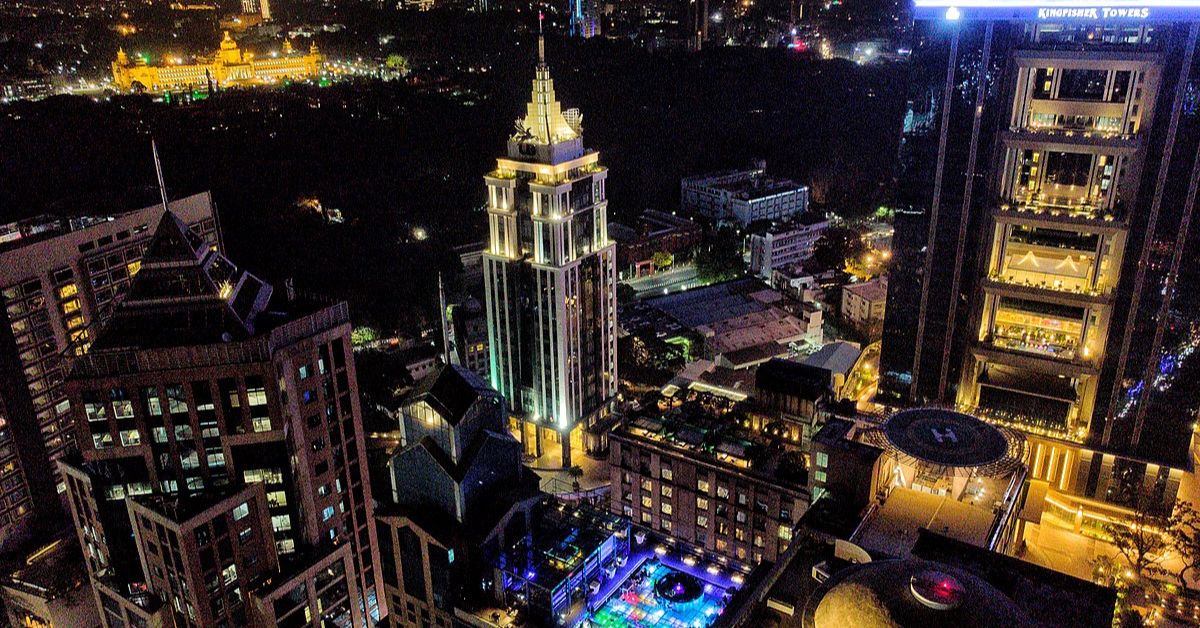
Bengaluru is about to give a tough contest to cities like Bangkok, Shanghai, Beijing, Hong Kong, and Tokyo in the fastest-growing Asia Pacific (APAC) major cities in 2023. As per Oxford Economics’ analysis, the Silicon city of India is expected to grow by more than six percent in 2023.
Fastest-growing city
Namma Bengaluru is projected to be the fastest-growing city in the Asia-Pacific region in 2023 followed by Hyderabad. According to Oxford Economics, the city is projected to most likely continue to outperform its Asia Pacific and Indian counterparts in terms of growth in 2023, with the information and communication sector as the main driver.
Oxford Economics is an autonomous economic advisory firm founded in Oxford in 1981 as a commercial venture with Oxford University’s business college. It has over 300 economists and analysts in 20 offices across the world.

As reported in Times Now, Bengaluru is likely to give a tough contest to cities like Bangkok, Shanghai, Beijing, Hong Kong, and Tokyo in the fastest-growing Asia Pacific (APAC) major cities in 2023.
Global trade report
As per Oxford Economics’ research, the Silicon City of India is expected to grow by more than six percent in 2023. Not just Bengaluru, Hyderabad is also expected to see a similar kind of growth in 2023. The two South Indian cities have drawn several investments in the manufacturing, information, and communication sectors.

“While we expect 2023 to be a difficult year for cities in the Asia Pacific region, we still see some bright spots. Notably, we expect cities that are less exposed to weak global trade and those with strength in fast-growing sectors to show some resilience. Furthermore, Chinese cities will probably benefit from a loosening of Covid-19 restrictions in 2023,” said The Oxford Economics report.

And this is not it, as per CBRE’s Asia Pacific flexible office market findings, Bengaluru topped the list of Asia-Pacific region (APAC) cities having the highest flexible stock ahead of 11 major cities. As of September 2022, it recorded 10.6 million sq. ft. (Grade-A Assets), ahead of Shanghai, Beijing, Seoul, Tokyo, and Singapore.

























